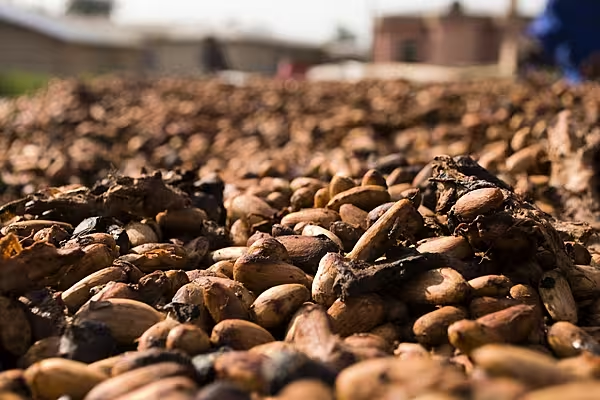Northern Ireland is the destination for more than 95% of exports for over a quarter of Irish firms, according to a new government report.
The North accounts for between 10-12% of total exports from the Republic to the UK as a whole and accounted for 7-8% of imports to the South. Given that the North only makes up less than 3% of the UK population these figures show the close economic ties across the island of Ireland, according to the Department of Business, Enterprise and Innovation.
For over half of Irish exporters (51%), the North is the destination for more than 50% of their exports, according to the report by InterTradeIreland entitled “Cross-border trade and supply chain linkages”, which was unveiled today by Minister for Business, Enterprise and Innovation Heather Humphreys, TD.
Significant Cross-Border Trade
The reports finds that a very significant share of cross-border trade is accounted for by firms that trade simultaneously in both directions. These two-way traders make up almost one fifth (18%) of firms but accounted for over 60% of exports, and over 70% of imports, according to the report.
It highlights a high level of ongoing product turnover among trading firms who regularly introduce new products to the market, with many goods traded for one year only. This pattern is consistent across firm of all sizes and between food and non-food firms, and shows a high degree of innovation among cross-border traders.
Welcoming the publication of the report, Minister Humphreys said: “What emerges clearly from this research is the high degree of integration of the economies north and south. It illustrates that the cross-border market is dominated by SMEs, and that the ability to transport products, source components and sell services across the border in a seamless way is essential to thousands of business models."
Supply Chain Questions
“Even if firms don’t sell directly to the UK, there is a strong likelihood that they buy products from that market and, if they do, they will be impacted by Brexit," Humphreys continued. "All companies should ask themselves key questions about their supply chain and get started by accessing up to €2,000 in funding and support from InterTradeIreland."
InterTradeIreland is a cross-border trade and business development body funded by the Department of Business, Enterprise and Innovation in Ireland and the Department for the Economy in Northern Ireland.
It is the only organisation which has been given responsibility by both governments to boost north/south economic co-operation to the mutual benefit of Northern Ireland and Ireland. It supports businesses through innovation and trade initiatives to take advantage of co-operative opportunities improving capability, driving competitiveness, economic growth and job creation.
“In the last few weeks, I have met with the Northern Ireland Chamber of Commerce in Belfast and the Ibec-CBI Joint Business Council in Newry," Humphreys said. "The report’s findings echo the feedback I have received at these meetings, and as Minister for Business, Enterprise and Innovation, I am determined to do everything I can to sustain and grow cross-border trade on behalf of the Irish Government in the face of Brexit. The all-island economy is as important in human terms as it is in economic terms to communities on both sides of the border, and I will be doing everything I can to support InterTradeIreland in its crucial work.”
The report sourced its data from the CSO’s 2015 Intrastat returns from 880 firms. This covers about 48% of exports from the Republic to the North and 38% of trade from the North to the Republic.
Quick Turnover
Companies that trade across the border were also revealed to be more likely to introduce new goods and services, with over one in three (35%) introducing products for just one year.
Aidan Gough, director at InterTradeIreland, said: “This report shows the disproportionate importance of cross border trade for businesses across the island. The high degree of interconnectedness of supply chains, which the report points to, also increases exposure to a so-called hard Brexit.
“The integrated nature of the supply chain and strength of cross-border trading relationships means that for many firms, the all-island economy becomes a ripe test-bed for new product innovation. There are fewer barriers to innovation because of previous supply chain knowledge and experience of bringing a product to market.
“We are recommending to firms who currently benefit from cross-border trade, or who source components goods or services from the UK, that they focus less on the significant noise and debate in the media about the on-going negotiations, and focus more on planning for a new trading relationship, with our support if needed.”
© 2018 - Checkout Magazine by Kevin Duggan









